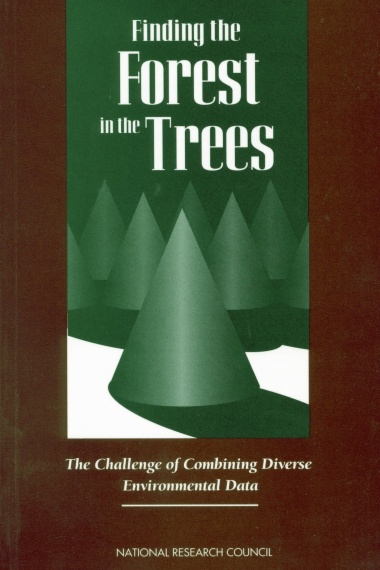

During the last few decades of the 20th century, the development of an array of technologies has made it possible to observe the Earth, collect large quantities of data related to components and processes of the Earth system, and store, analyze, and retrieve these data at will. Over the past ten years, in particular, the observational, computational, and communications technologies have enabled the scientific community to undertake a broad range of interdisciplinary environmental research and assessment programs. Sound practice in database management are required to deal with the problems of complexity in such programs and a great deal of attention and resources has been devoted to this area in recent years. However, little guidance has been provided on overcoming the barriers frequently encountered in the interfacing of disparate data sets. This book attempts to remedy that problem by providing analytical and functional guidelines to help researchers and technicians to better plan and implement their supporting data management activities.